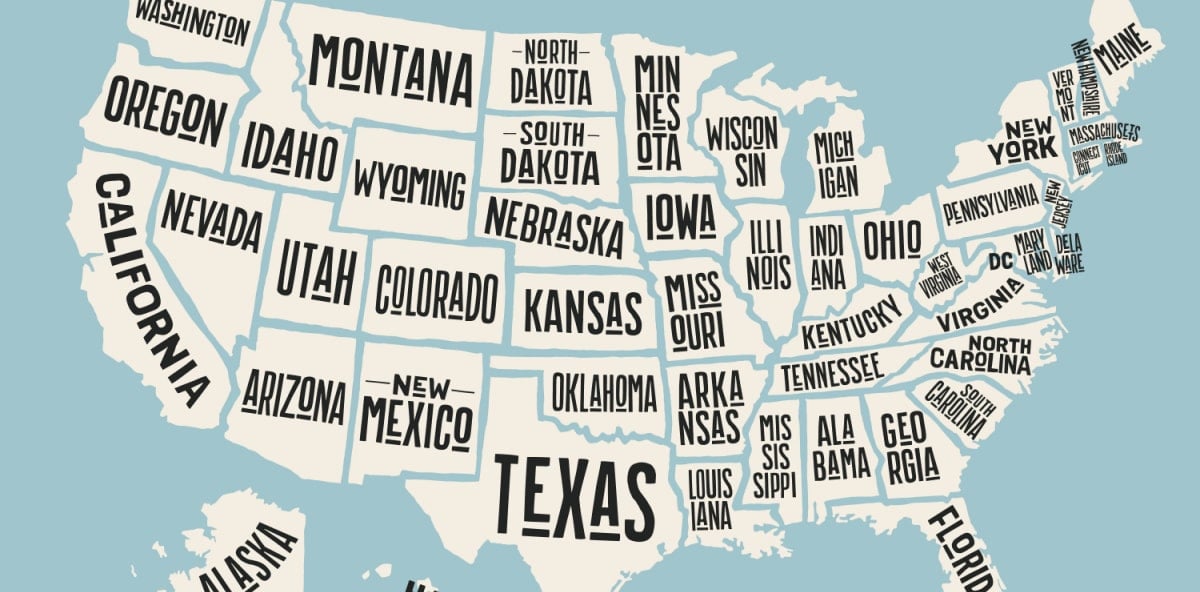The #1 digital agency for small business insurance.
What kind of work do you do?

Choose from the nation's best insurance providers

Money management

The cost of your business's workers' compensation insurance varies state by state.

Small business owners in search of startup capital may find that a business loan is the best means for getting their business off the ground. In this guide, we'll go over the basics of small business...

Loans can help entrepreneurs, startups, and small businesses in several ways, but paying them back isn’t always easy. If you’re unable to repay a loan, you can face severe legal and financial...

If you want to turn your passion for photography into a robust annual salary, it's important to know the numbers. Here's a breakdown of business expenses and potential profits to help you stay in the...
Find insurance quotes for your business


These 8 steps can help you compare business insurance quotes and find the right coverage for your business.
Showing 1 - 5 of 5

Want free expert advice right in your inbox?
By entering your email address and subscribing, you agree to our Terms of Use and Privacy Policy
What kind of work do you do?